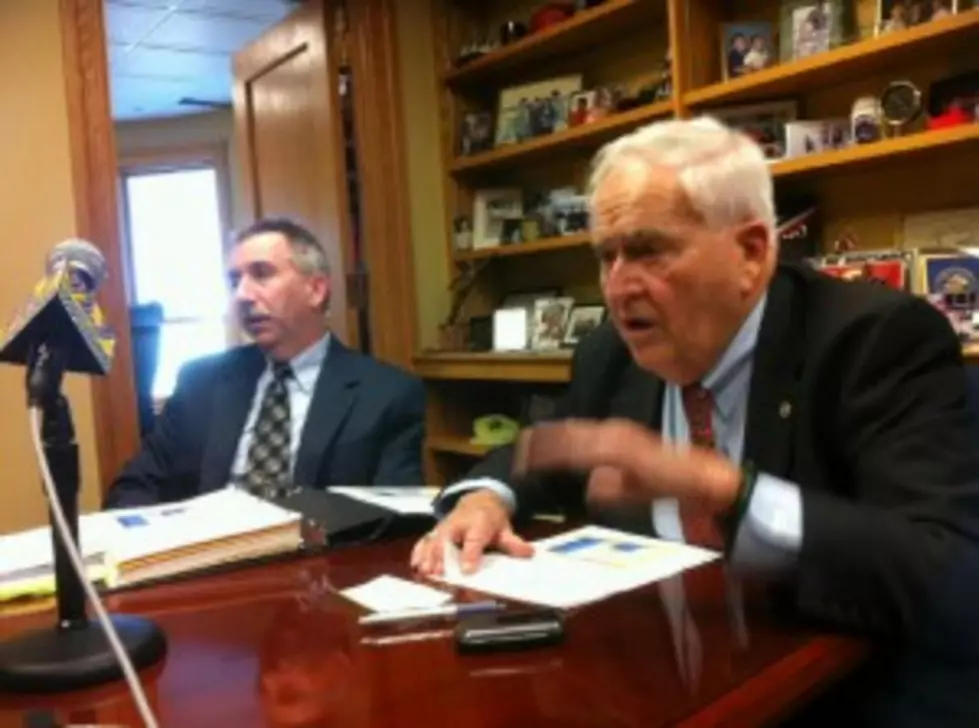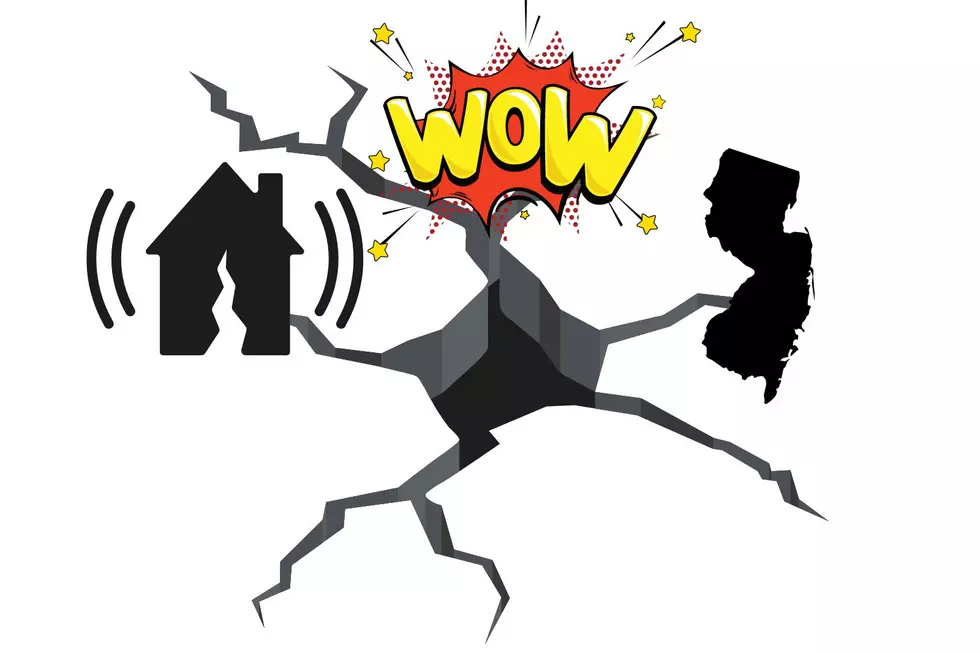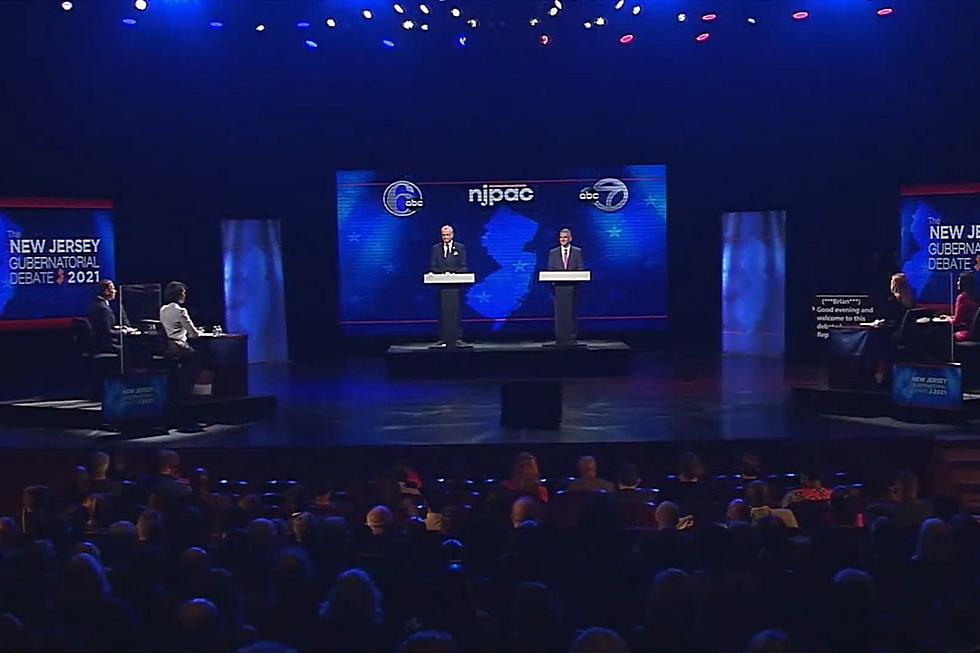
Toms River 2013 Budget Comes Under State Levy Cap
After predictions of the worst, Toms River Township’s 2013 budget will manage to leave the average homeowner unscathed.
The Township’s 116 million dollar budget, though roughly 16 million dollars larger than last year, manages to come in 10 million dollars under the state imposed property tax levy cap-resulting in a reduction in annual municipal taxes for the average resident.
In addition to the colossal damage dealt by Superstorm Sandy and the subsequent cleanup, Township Administrator Paul Schives noted Toms River was already in the midst of a reassessment to lower the assessed values of many of its properties.
Based on a new “average” 2013 residential assessment value of $234,597, the average residential home will pay $1,245.39 in municipal taxes, a drop from 1,413.40 in 2012.
Schives reminds the .5309 per $100 of assessed valuation will impact each property differently.
Even without the storm damage, the Township would have seen its ratable base drop from $16.3 billion to almost $13.4 billion dollars. With storm damage, it fell to $11.35 billion.
Schives adds residents expect public services to remain unaffected and in some cases must be expanded. The Township is tasked with replacing a record number of police officers who retired within the last two years.
Toms River reached out to the Department of Community Affairs to help gardener state money meant to offset the reductions in assessed values and prevent the Township from exceeding the tax cap.
Schives says after aggressively seeking funding from the state, the Township received $5 million in Fema Community Disaster Loans, $15.5 million in State Community Development Block Grant (CDBG) Essential Services Grant Funding which must be used towards police, public works, or landfill expenditures, and $7 million in FEMA reimbursements for storm related costs.
2013 expenditures show public safety, public works, and utility/landfill expenses account for 41% .
Had the Township not received the FEMA or CDBG funding, the average homeowner would be paying $1,559.85.
Had the Township decided to do nothing, and wanted to raise the same amount of money, Schives says the tax burden would have shifted from barrier island residents to the mainland-resulting in tax increases of 30 to 40%.
While some worry the funding will only deflate taxes for 2013, Schives says there is some contingency for the future. Notably, he believes there will be a recovery of the tax base for next year.
“The tax assessor was extremely conservative in reducing values. For example, all of the barrier island, all of the property was discounted 50% because those individuals did not physically occupy those homes as of January 1st of this year. There will be some recovery of that...As that assessed evaluation base comes back up, we by virtue of that are going to raise more money. We were also able to hold back surplus. So we have anywhere between six and seven and half million dollars in surplus that will be there for next year to help us offset the loss of some of this revenue. Thirdly, the state has advised us that they believe there will still be CDBG funding in 2014.”
Schives was also able to obtain CDGB funding from the Toms River Board of Education. The state approved $12.5 million in funding which will be used to reduce the tax levy from the Board of Ed.
More From 92.7 WOBM









